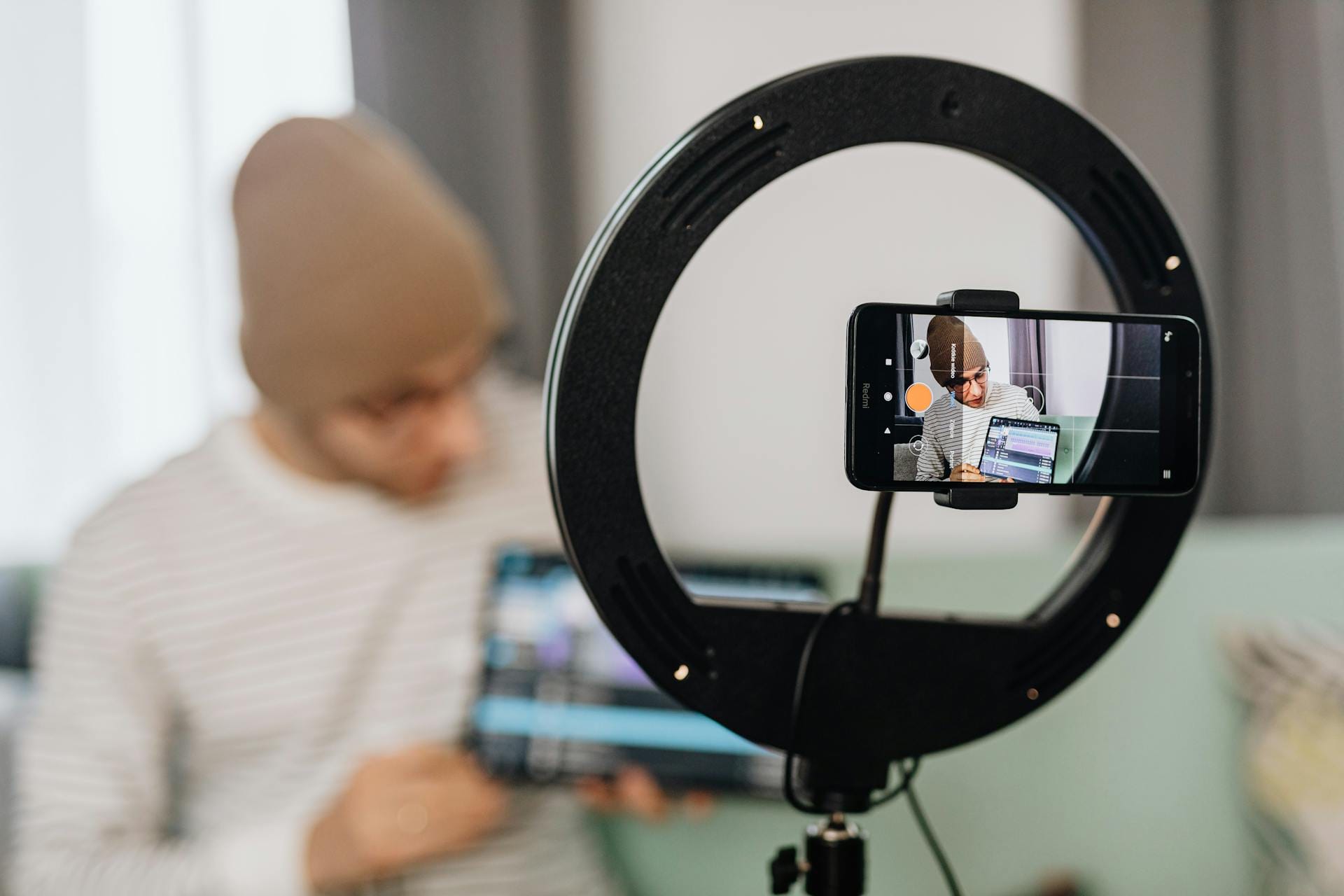
3 huge questions to ask when deciding what business to start
Once you clear the first big hurdle of deciding you want to start a business, you’re immediately confronted with another question: what business should you start?
The internet has its version of the answer. Do a Google search for the phrase “what business to start,” and you see a lot of hits that look like this:
- Need a business idea? Here are 75!
- Here are 50 business ideas you can start without having to be good at anything!
- Here are 500 business ideas you can start for the low, low cost of selling your firstborn child to the devil!
At GrowthLab, we’ve talked to thousands of entrepreneurs about where they found the idea for their online business. You know how many times the answer is, “I found it on this listicle I read this one time”?
Basically zero.
Instead, what the entrepreneurs we’ve talked to cite again and again and again are three core factors:
- Skill. Being good at what you do, and knowing that what you do makes a difference in the lives of the people that you serve.
- Profitability. Knowing that what you do provides enough value to people’s lives that they’re willing to pay and support you.
- Passion. Being genuinely excited to get up and get to work on your business every day.
Here’s the thing that those listicles don’t understand: You don’t need a million business ideas. You only need one. The RIGHT one.
And the right business idea doesn’t come from the outside in. It comes from the inside out.
How to decide what business to start
We don’t just talk to entrepreneurs about the businesses they started here at GrowthLab — we help them decide what business to start in the first place.
To do that, we walk them through three questions:
- Question #1: What skills do I have?
- Question #2: Which of the skills that I have will people pay me for?
- Question #3: What would I be happy doing?
Each of these questions is designed to address one of the core factors listed above: Skill, Profitability, and Passion.
Now, let’s tackle each question one by one and look at how answering them can lead you straight to the business you were meant to start all along.
Question #1: What skills do I already have?
The first step to deciding what business you should start: taking stock of all the available options. And that doesn’t (just) mean looking outward — it means looking inward and asking yourself the question: “What am I good at?”
I can already hear what you’re thinking: “I’m not good at anything.”
To which my response is: really?
The truth is, we all have at least one or two viable business ideas in us: tiny pockets of expertise and skill that we’ve built up over the years. We’re not always the best at recognizing those pockets (hello, impostor syndrome!) — but that doesn’t mean they’re not there.
- Maybe you’re the person who all your friends come to for help with setting up their budget. Hey! You’re a financial advisor! That’s a business!
- Maybe you have a flawless eye for telling which of your friends’ relationships will go the distance (and which won’t). Hey! You’re a dating coach! That’s a business!
- Maybe you’re insanely good at organization, your home is spotless, and all your friends constantly ask you for tips on how to reduce clutter. Hey! You’re Marie Kondo! That’s a business, too!
If you’re having trouble generating a list of skills and talents that you have, take yourself out of the equation. Instead of thinking about what you think you’re great at, ask yourself what other people think you’re great at.
Some questions to ask:
- What do your friends say you’re great at?
- What do your friends say when they introduce you?
- What tasks do other people come to you for help with?
- What do your friends complain about that you find effortless?
Don’t assume that the “things I’m good at” has to be something that you’ve always been great at, either. Sometimes, the reason we’re so good at explaining things to other people is because we had to get good at those things ourselves.
Take GrowthLab for example. We’re a brand dedicated to helping online entrepreneurs find, start, and grow their online business. But did our CEO, Ramit Sethi, emerge from the head of Zeus a fully formed genius at entrepreneurship? Heck no. Instead, he earned his expertise at business building by building a business himself.
Ramit would be the first person to tell you that he made all kinds of mistakes on the path to growing GrowthLab and our sister site, I Will Teach You To Be Rich. In fact, it’s front and center on the sales page for our flagship course, Zero to Launch:
Far from undermining your credibility, building a business on something you had to figure out yourself builds trust with your audience, because they know that you earned your experience in the School of Hard Knocks.
Helpful link: 5 simple strategies for recognizing the business idea that’s right in front of you
Question #2: Which of the skills that I have will people pay for?
You know that old saying, “You can’t live on love alone”? Well, an online business can’t live on ability alone. All the talent in the world won’t get you very far if you can’t turn that ability into enough money to live on.
Hence, question #2: “Which of the skills that I have will people pay me for?”
In business terms, we call this pay certainty. Thereare two conditions that a business idea needs to fulfill:
Condition #1: It has to be something that your customers are able to pay for
Condition #2: It has to be something that your customers are willing to pay for.
An example that Ramit likes to give of a business idea that fails the pay certainty test: ironing.
Ramit is good at ironing. He enjoys ironing. He could probably write an entire e-book or online course just on the finer points of ironing technique.
Plenty of people would probably be able to pay for a course about ironing if he made one … but would they be willing to?
Probably not.
For the vast majority of people, getting good at ironing is just not enough of a priority to warrant shelling out $49 on an e-book.
The best way to make sure that customers will be able AND willing to pay for your business idea is to hone in on your customers’ burning pains.
What’s a burning pain? It’s a problem that’s so persistent, so annoying, so detrimental to your audience and what they’re trying to achieve, that not only will they be willing to pay money to have it solved — they’ll be happy to.
Imagine that you had a really painful toothache — so painful that it radiated through your entire body and made it impossible for you to think straight or even see straight. When you went to the dentist and she told you that she could make that pain go away, would you say, “Now hold on a minute — I’m not sure I want to pay for this”?
No! You’d say, “Shut up and take my money!”
There are burning pains like this all over the place — not allof themliteral.
- Being perpetually single for 20-odd years of your life and wanting desperately to find someone to spend your life with? That’s a burning pain. (And a business.)
- Studying computer programming for four years in college and needing to find a good paying job that will justify all of that time and effort? That’sa burning pain. (And a business.)
- Knowing that you need to institute a fitness routine, but being terrified of going to the gym? That’s a burning pain. (And yep — it’s a business, too.)
Helpful link: 4 secrets to building your most profitable small business
Question #3: What would I be happy doing?
A few weeks back, I was reading through posts in the Facebook community we run for students of our course Zero to Launch when a post caught my eye.
”There are two main ways I can go within my specific niche,” the post started off. “One that excites me, and one that I feel is … okay.”
When I saw this post, I basically shouted through my screen: THE ONE THAT EXCITES YOU! ALWAYS GO WITH THE ONE THAT EXCITES YOU!!!
Listen. Building a business is tough. It’s tough even if you are excited about what you’re working on. If you’re not excited about it? If it’s just “a job” to you, the way every other job has been. How likely do you think you are to stick it out?
The question we like to ask students to help them get to bottom of the “what would I be happy doing” piece of the equation: What do you do on a Saturday?
We like this question because it helps reroute your thinking away from what you want to be seen as enjoying and forces you to get honest about how you actually like to spend your time. Particularly, what you like spending your time on when nobody is watching and you’re not expecting to get anything out of it other than the sheer enjoyment of what you’re doing in the moment.
Passion doesn’t always come all at once. Sometimes it’s born purely out of having the discipline to show up day after day after day after day. But if you don’t feel at least a spark of excitement or interest when you think about working on your business, the likelihood that you’ll actually show up the way you need to to make anything happen? It’s pretty slim.
And beyond that, passion is what your audience will respond to once you have your business created and you’re ready to share it with the world.
We’ve seen it firsthand: When you put something out in the world that you’re genuinely excited about — and the people you share it with are genuinely excited in return — that’s where the magic of building your own business really begins.
Helpful link: You can build a different kind of business
Your online business is waiting for you
Figuring out what business to start starts with you: who you are, what you care about, and what you have to offer that the world needs to hear. But that doesn’t mean you have to build your business all on your own. We’re here to help.
As I’ve said, at GrowthLab, we’ve helped hundreds of entrepreneurs go from “no idea” to building profitable online businesses of their own. Now, I want to offer you the same resource we offered to all of them.
Input your email below, and I’ll send you our Ultimate Guide to Starting an Online Business.
In the guide, you’ll get:
- Proof that you can have a successful online business
- Online business models to start a low-cost, high-profit business
- How to become the type of entrepreneur who makes 6 figures online
- How to get beyond “online business ideas” and find YOUR online business idea
- Simple tools to make your first $10,000
This is the exact framework that we’ve shared with thousands of our students, who have used it to master the basics and build profitable businesses of their own. Are you next?



